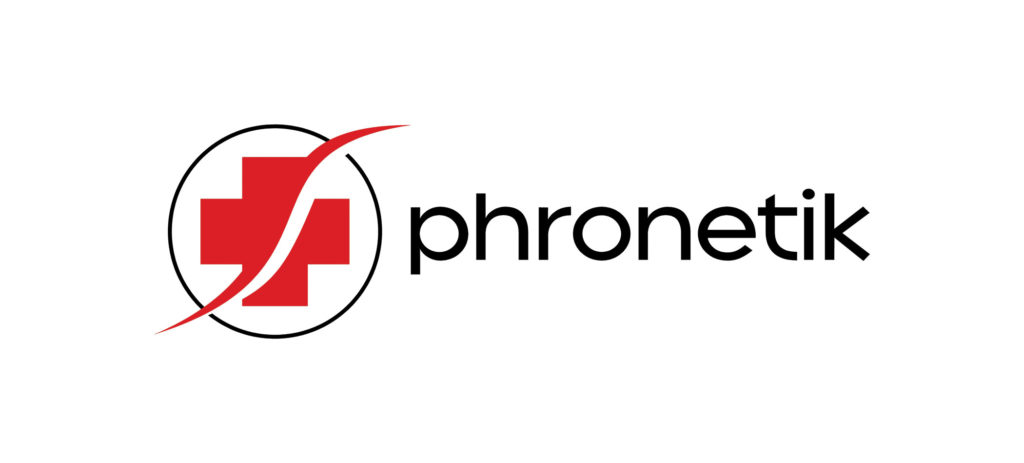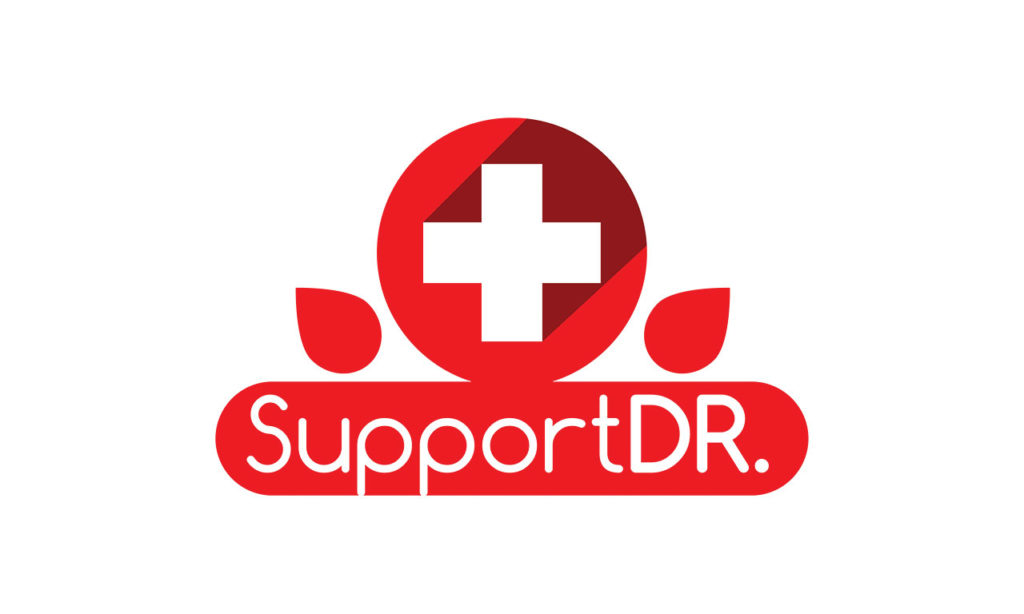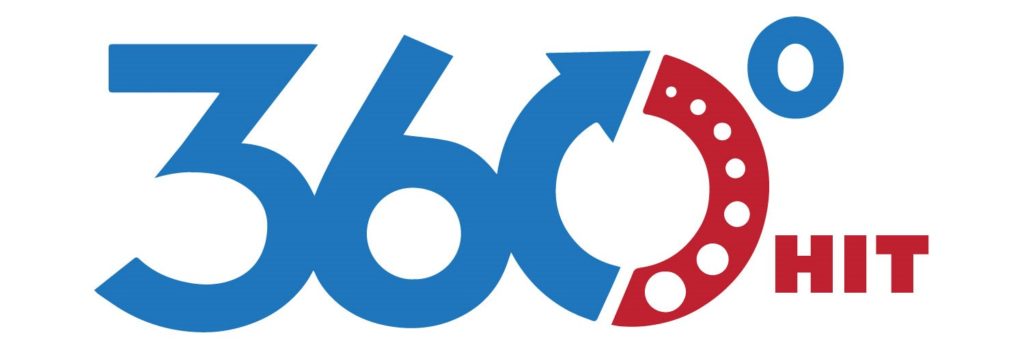Phronetik is an amalgamation of two Greek words: Phronesis (wisdom) and kinetic (to move). That is the company’s goal: To quickly interpret healthcare data from clinical, genomic, and phenotypic research in order to help guide every-day medical decisions. Using bioinformatics (including genomics, epigenetics, and transcriptomics); health informatics (including clinical research informatics, public health informatics, and applied clinical informatics); and IT services, the company aims to offer solutions that will enhance biomedical science and leverage technology in order to ultimately improve patient outcomes.
 PM360 spoke with President & CEO, Tania Martin-Mercado, PhD, MS, MPH about how the company’s platform will work in order to help physicians and patients make actionable decisions at the point of care, how the company can dive deeper in clinical trial research data, and what the company eventually wants to do to improve drug development.
PM360 spoke with President & CEO, Tania Martin-Mercado, PhD, MS, MPH about how the company’s platform will work in order to help physicians and patients make actionable decisions at the point of care, how the company can dive deeper in clinical trial research data, and what the company eventually wants to do to improve drug development.

PM360: Why did you start this company?
Tania Martin-Mercado: People often have a lot of questions when a family member is diagnosed with a chronic disease and they do not know why that diagnosis came. Meaning no genetic predisposition, no family history, no irresponsible lifestyle behaviors, no smoking, none of these factors played into the diagnosis, yet the chronic disease still shows up. I became interested in how a disease is diagnosed—the bioinformatics, looking at the phenotype and the genotype as well as looking on top of your genotype at how your behavior, lifestyle, and environment can affect your phenotype and how that may or may not contribute to a diagnosis. I founded the company to try to answer those questions and lure it out of research and into practice, so that patients and doctors can have that information and knowledge at the point of care.
So, how did you go about doing that?
I incorporated the company in 2013, and then spent the next few years designing and architecting an artificial intelligence engine for point-of-care diagnostics that incorporates lifestyle behavior, genetics, DNA, any other medications introduced into the body, etc. This is not an overnight project. It required getting partnerships with several universities and hospitals in order to gain the proper input from physicians and patients.
How does the platform work?
It is still under development, but the key point of entry for users is going to be the electronic medical record (EMR) or electronic health record (EHR). You need to start in the past to find out what could happen in the future. And that’s always going to be the EHR. The medical record is a historical document, so that is the initial point of entry for where our product will start.
Besides the EMR/EHR, how are you incorporating the genotype information that you mentioned?
A number of different home testing kits and companies are out there. We are partnered with a few available in the market, so we can get that information pretty easily. In the future, once more payers begin to cover the cost of genetic testing—which by the way is happening at some level—then that will make our platform much easier because the core of precision medicine is your DNA.
What makes your company different from the others out there collecting and analyzing this kind of data?
The real difference is we’re making the data actionable at the point of care. We want to bring that information to your physician so they have immediate, real-time access so they can say, “Hey, I see you’re predisposed to this. If you try taking these different natural vitamins or change this lifestyle behavior this may be prevented.” It’s creating a different conversation at the point of care versus, “Here’s your results. Do with them what you will.”

Your company also offers clinical research informatics services. How does that help with companies conducting clinical trials?
Clinical trials become valid when you have data to support your results. That’s where Phronetik comes in. Almost any clinical trial should have at least one biostatistician. We can offer a team that can do more with the statistics coming out of the trial by providing deeper insight in support of the research. Basically, the companies conducting the trials are giving us data and we’ll clean it and apply analysis to it to uncover results that may not be obvious to the researcher. For instance, if they have existing data from Phase II of a clinical trial, we can provide additional insight to that data—such as to try recruiting for a certain subset of the population in order to achieve even more significant results.
To this point, we have primarily focused on government contracting, such as with the National Institutes of Health. But, starting next year we are looking to target small- to medium-sized life sciences and pharmaceutical companies that have fully funded trials, so we can offer our services and support. Most big pharma companies already have staff dedicated to this, which is why we would focus on the smaller companies that need help.
Besides clinical trials, how else might your data or services be useful to pharma?
From a position of precision medicine, the information we collect may be able to determine if a certain dosage may not be suitable for a particular patient because of the other medication they’re taking, or because of their environment, or mental health, or if they are asthmatic, or if they are breathing in chemicals that will affect how that medication metastasizes in their bloodstream. Individuals are complex. The more information you have on how you’re prescribing medication to a patient—and the more you try to individualize it as much as you can—the better the patient outcome.
What are your company’s longer-term goals after you have released your platform?
I would like to get more involved in the commercial side of life sciences and pharmaceuticals. Developing a drug can take seven to 10 years—it’s not a short process. So, I would like to get Phronetik more involved from the beginning, especially as more and more biomarkers are being discovered. Currently, we’re assisting those companies in defining the drug and how that drug is going to be prescribed, but I would really like to help make the process from the beginning more precise and less one-size-fits all.
Phronetik’s IT Solutions
 SupportDR™ is Phronetik’s complete IT Managed Services, or IT-as-a-Service (ITaaS) solution, in which they will manage and monitor a company’s entire IT infrastructure—essentially serving as their IT department.
SupportDR™ is Phronetik’s complete IT Managed Services, or IT-as-a-Service (ITaaS) solution, in which they will manage and monitor a company’s entire IT infrastructure—essentially serving as their IT department.
 360°HIT™ is one of Phronetik’s IT offerings, which includes virtual CIO services, strategic planning, system integration, IT audit services projects, and IT program management.
360°HIT™ is one of Phronetik’s IT offerings, which includes virtual CIO services, strategic planning, system integration, IT audit services projects, and IT program management.









